Posted on 12/3/2024

Keeping your tires properly inflated is crucial for your safety and your car’s performance. If your tire pressure drops, you might be asking, “What should I do now?” This guide answers your questions and gives clear, actionable steps to handle low tire pressure quickly and safely. Common Reasons Why Tire Pressure Drops If you’re wondering, “Why does my tire pressure keep dropping?” here are the most common causes: Cold Weather: Air contracts in cooler temperatures, reducing pressure. Small Punctures: Objects like nails or screws can create slow leaks. Wear and Tear: Over time, tires naturally lose air. Damaged Valve Stems: A faulty valve can lead to air leaks. Knowing the cause helps you decide whether to refill or seek professional repair. ... read more
Posted on 3/25/2024
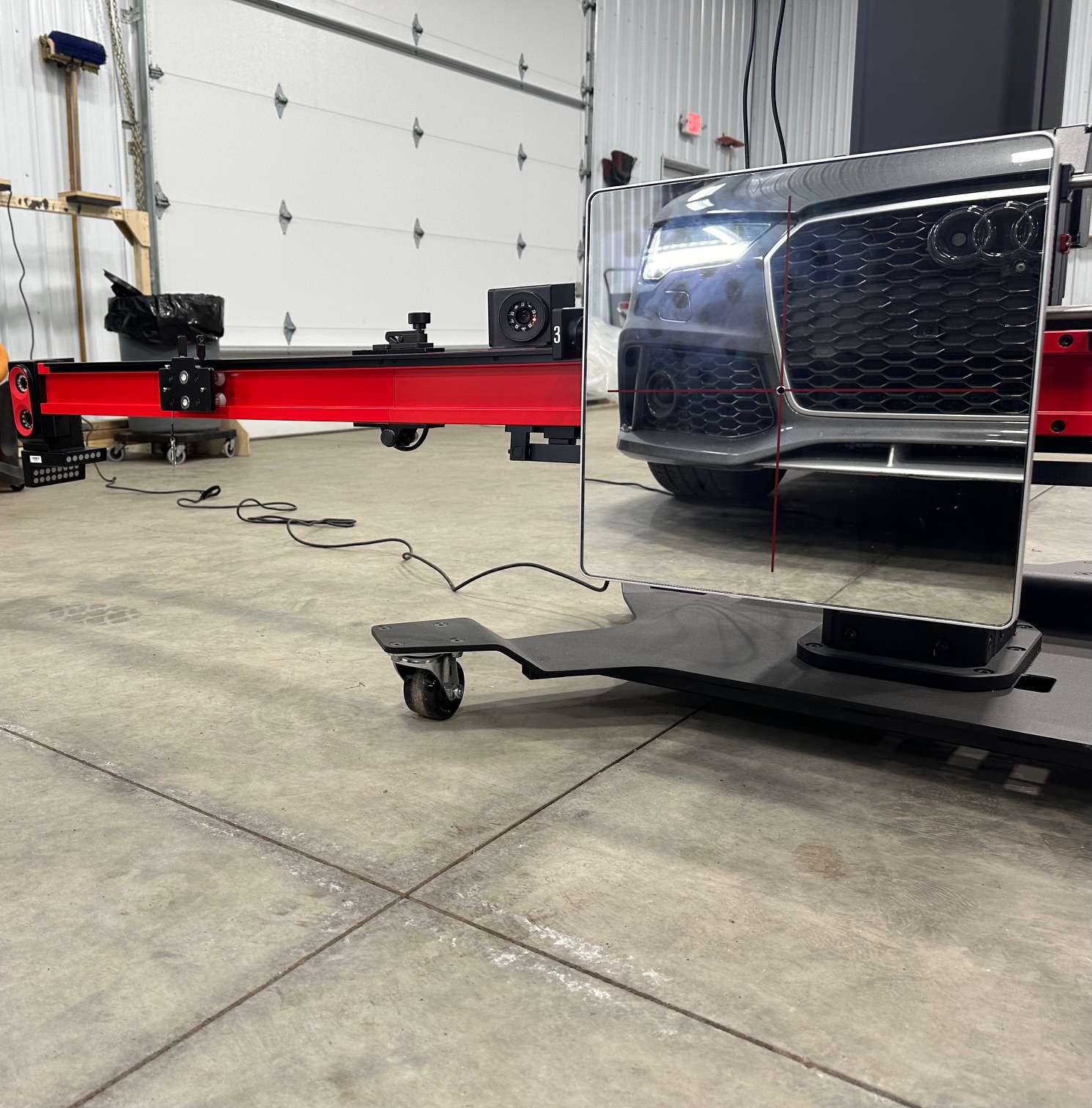
In today's world, cars are more than just machines that take us from one place to another. They're becoming smarter, more intuitive, and safer, thanks to something called ADAS. But what exactly is ADAS, and how does it make our vehicles safer? Let's dive in and find out! ADAS, or Advanced Driver Assistance Systems, is like having a trusty sidekick in your car, always looking out for you. It uses fancy technology like sensors, cameras, and radars to keep tabs on what's happening around your vehicle. Think of it as an extra pair of eyes and ears, ready to lend a hand whenever you need it. Now, you might be wondering, "What exactly can ADAS do to help me out?" Well, hold onto your seat because it can do some pretty cool things: Collision Warning: Picture this – you're cruising down the road, and suddenly, the car ahead slams on it ... read more
Posted on 2/20/2024
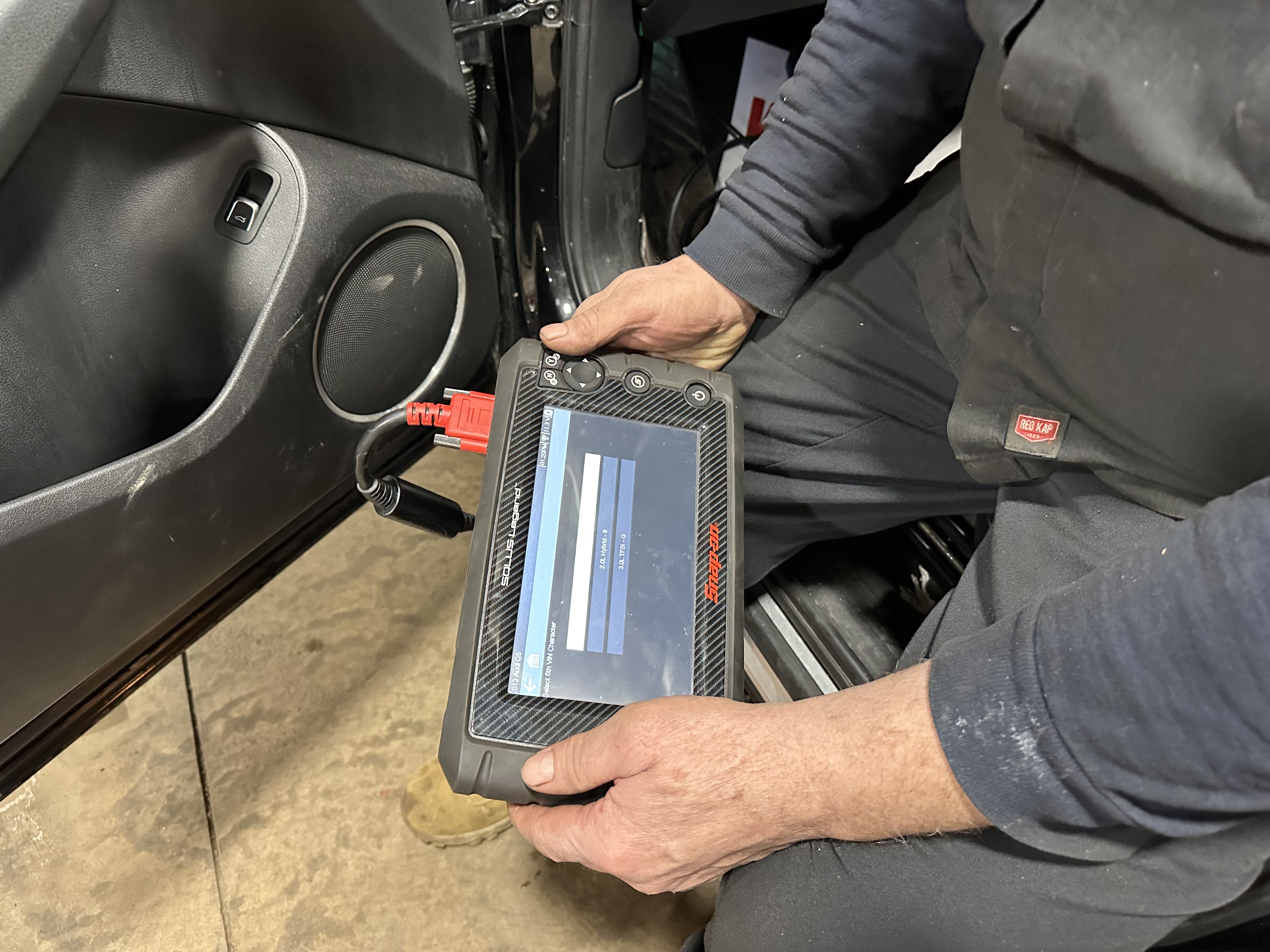
Ever wondered what to do when your car starts acting up, making weird noises, or just not driving like it used to? Well, the usual move is to head to the mechanic, right? But what if, even after the mechanic's thorough check, the problem isn't clear? That's where drivability diagnostics steps in. Let's break down what drivability diagnostics really are and how they come to the rescue. Drivability diagnostics is basically a fancy term for a process that figures out what's going wonky with your car's performance. Picture this: there are special tools involved, kind of like the car doctor's toolkit, used to figure out problems in key areas like the engine, transmission, and fuel system. Now, t ... read more
Posted on 9/18/2023
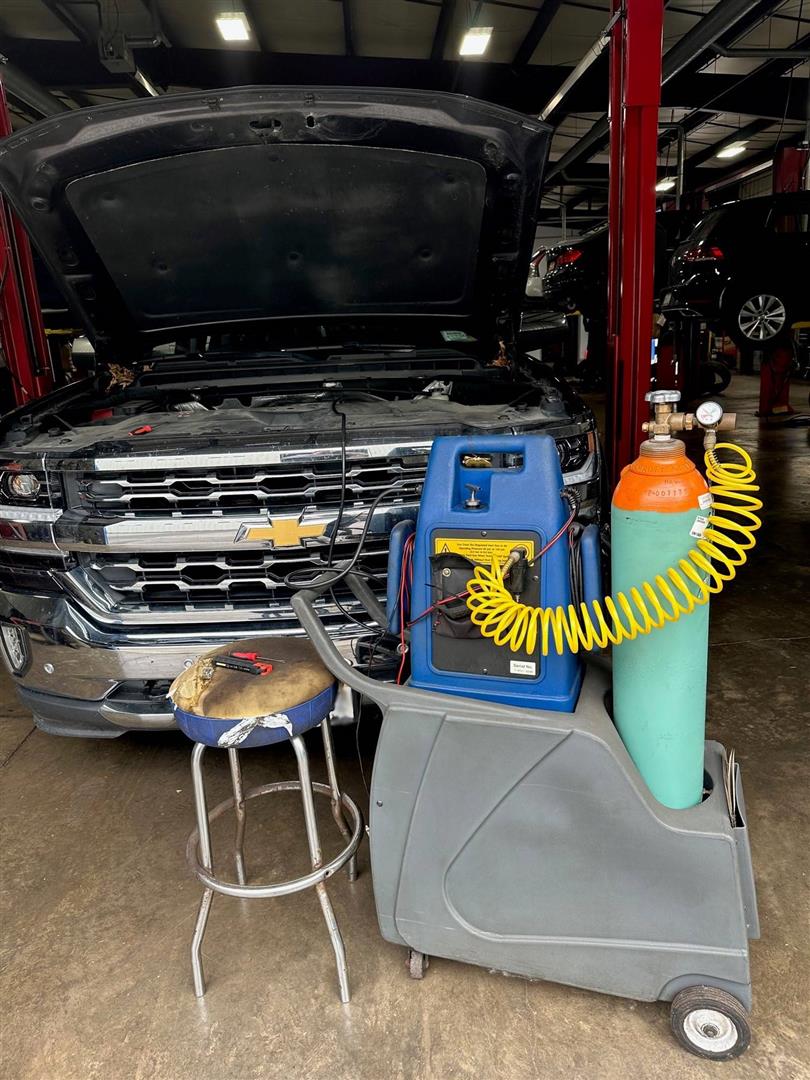
An EVAP test is like a checkup for your car to make sure it's not letting out bad stuff into the air. Understanding what it is and how it works is important. What's the EVAP System? EVAP stands for Evaporative Emissions Control System. This keeps gas fumes from escaping your car's gas tank. During an EVAP test, a mechanic looks for any holes or leaks in this system. How Does the EVAP Test Work? The mechanic first makes sure your gas cap is on tight and then tests your car's fuel system. They even use a machine that blows smoke into your fuel system to find leaks. Tips to Pass the EVAP Test To make sure you pass the EVAP test: 1. Always seal your gas cap tightly. 2. Don't drive your car with an almost empty gas tank. ... read more
Posted on 7/6/2023
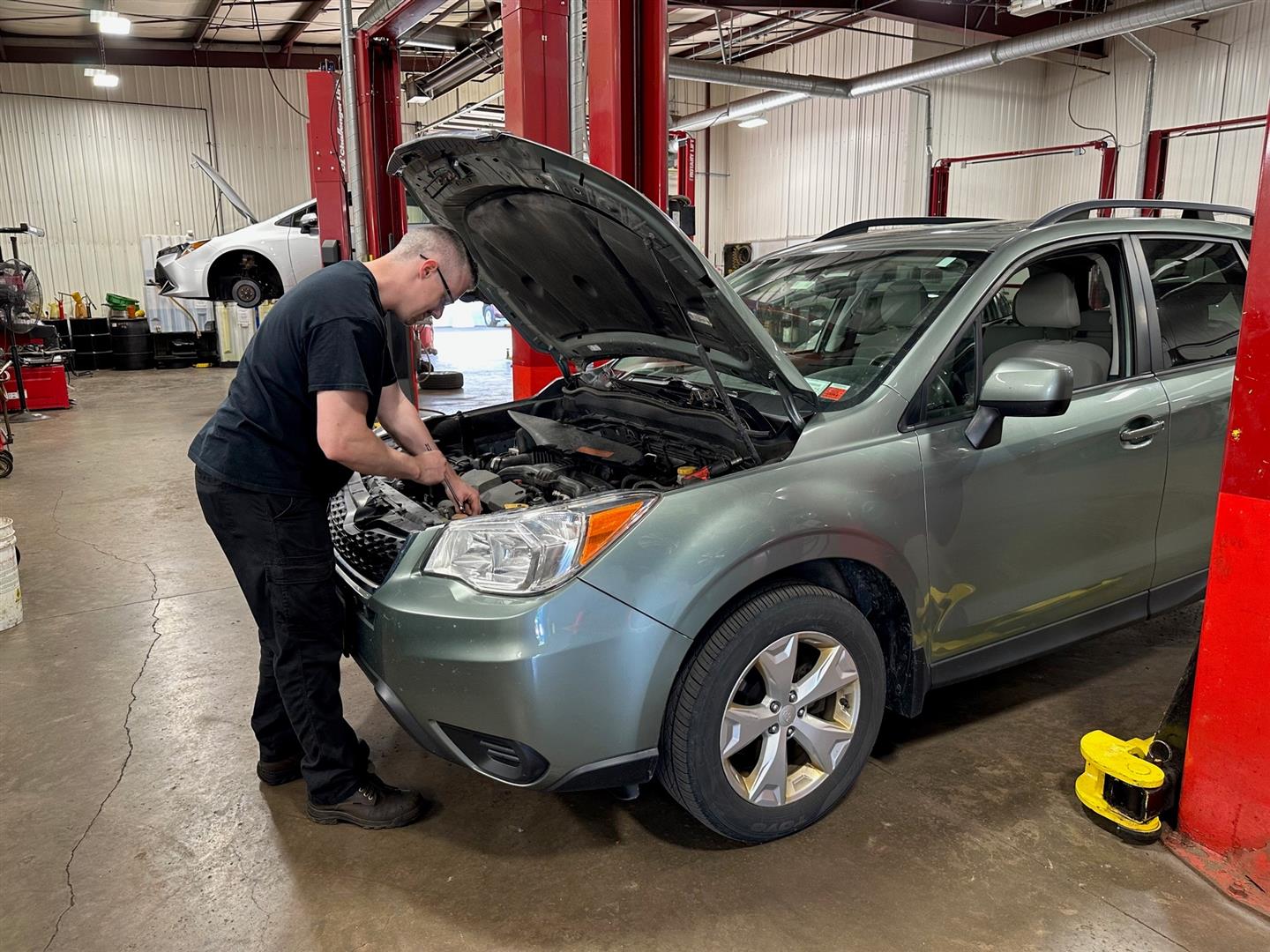
A common problem many drivers face is overheating. Serious engine and transmission damage can occur when a vehicle over heats. Learn more about what causes a car to overheat and how to avoid it. Low Coolant Level: Coolant or antifreeze helps keep the engine cool by circulating throughout the engine block and radiator. If there is not enough coolant, the system cannot dissipate heat. This causes the engine to overheat. Check the coolant level often and add more if necessary. Broken Thermostat: The thermostat controls the temperature of the engine. It can cause the engine to overheat or run too cold if it fails. A thermostat can break for reasons, such as corrosion, wear, or a mechanical failure. Have a mechanic replace your thermostat if you think it may be broken. Radiator Problems: The radiator dissipates heat from the engine that the coolant has absorbed. If the radiator is clog ... read more
Posted on 2/28/2023

Making the decision to repair or replace your car can be tough. On the one hand, you don’t want to sink too much money into an old car – but on the other, you don’t want to spend more than you have to. Before making any decisions, weighing each option’s pros and cons is important. Let’s break it down for customers looking for guidance. Assessing Your Car’s Condition The first thing to do before deciding whether to fix or get rid of your car is to assess its condition. If your car is newer and still under warranty, many repairs may be covered by the manufacturer. And that makes it easier to decide whether to keep it or not. If it’s an older model, other things need to be taken into account. Consider how much money you have already invested in repairs versus how much longer you think the car will last if fixed again. Inv ... read more
Posted on 10/12/2022
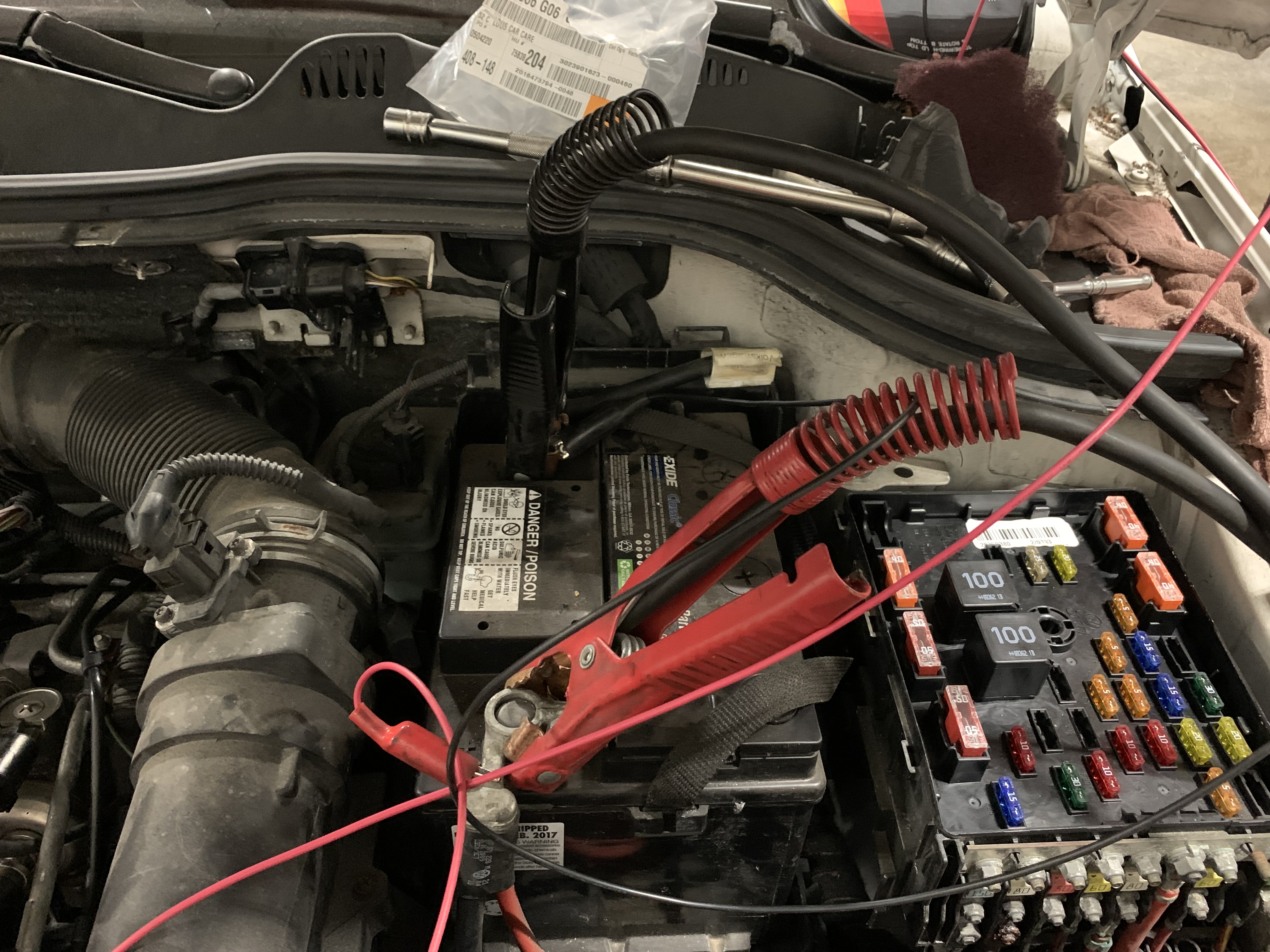
Fall Car Care is important as the colder weather rolls into Baldwinsville and Central New York. Freezing temperatures can wreak havoc on your vehicle’s battery. The cold temperatures weaken the battery by slowing down the chemical reactions inside it. This can make your battery harder to run. Frigid temperatures will also put strain your battery while trying to warm up a cold engine. Here are a few tips to help you maintain you car’s battery through the holiday and winter seasons. 1. Watch For Signs Of A Bad Battery Slow engine cranking Having to jump start your car frequently Dimming lights (headlights or interior lights) A Check Engine Light or Battery Light on your Dashboard 2. Have Your Battery Tested At Lou’s Car Care, we can help you with the most accurate way to te ... read more
Posted on 9/27/2022

Lou’s Car Care is a full-service, independent auto repair shop in Baldwinsville, NY. We repair all makes and models of vehicles including European product lines. Just like humans, automobiles need checkups from time to time. Our certified auto technicians can complete routine oil changes, new tires, brake and rotor replacements, and alignments. We can also handle more in-depth concerns such as engine diagnostics, heat or a/c malfunctions, and electrical issues. Germany is well known for producing quality vehicles that last a lifetime. Audi, BMW, Mercede ... read more
Posted on 6/30/2022

Regular oil changes and scheduled maintenance are important in keeping your car, truck, or SUV in top shape. But do you know what the consequences are when you don’t keep up with your oil changes? Here are the top 3 signs your vehicle may have an oil leak. Motor oil moves through a running engine and allows all the parts and components to work together smoothly. Your engine oil becomes dirty and filled with contaminants over time. This contaminated oil will begin to cause the engine parts to rub together and wear down. Motor oil will eventually make its way through any pockets, holes, and broken seals caused by the friction of the dirty oil. And will begin leaking out. Signs Of An Oil LeakDark Brown/ Black Puddles Under Your Car Dark fluid dripping from un ... read more
Posted on 5/2/2022
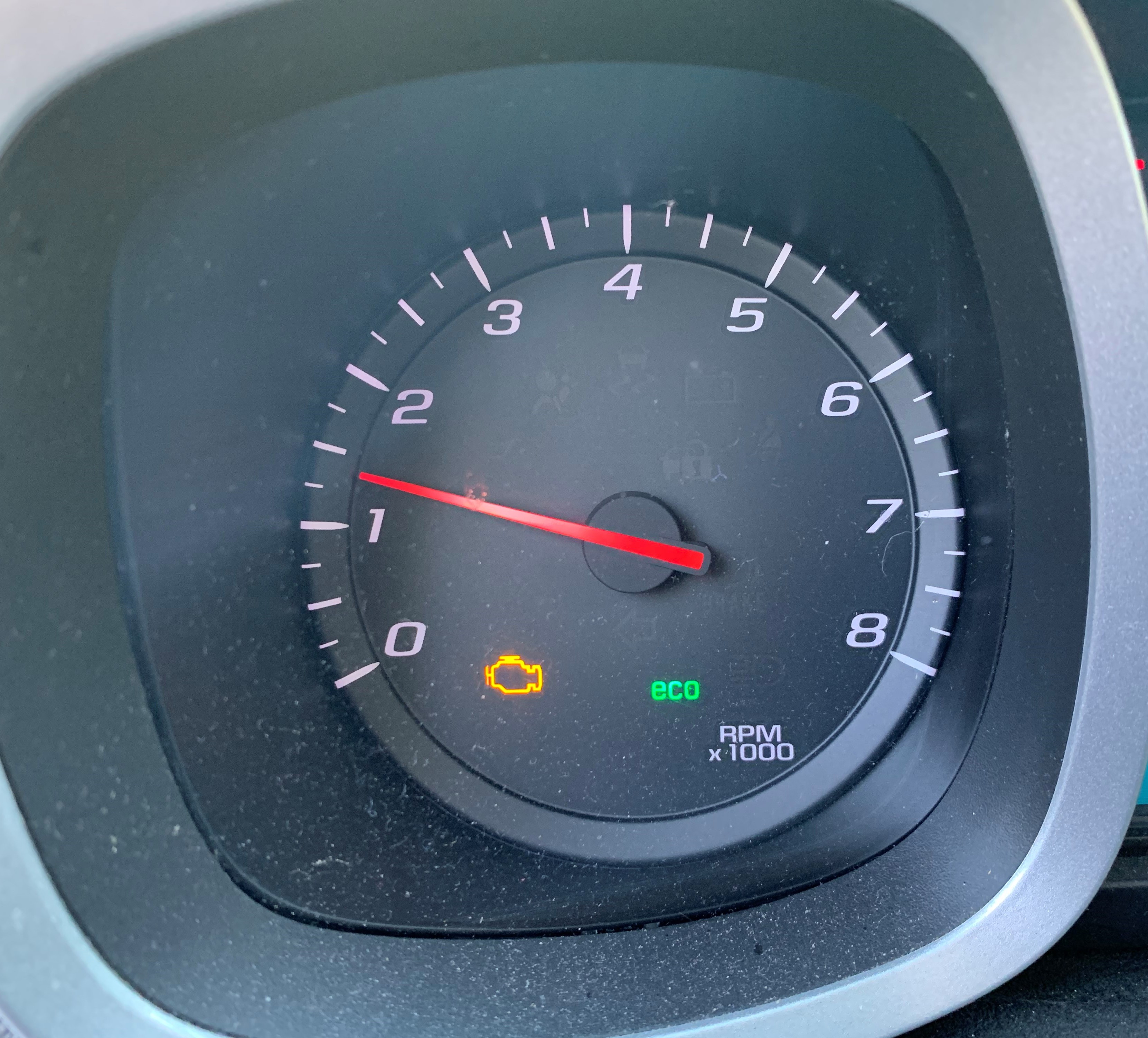
Your car will show you which areas of your vehicle need attention through the lights on your dashboard. If your tire pressure is low, the TPMS light will come on. The gas tank light comes on when you’re almost out of gas. But sometimes, it is not obvious what these lights are trying to tell us. A check engine light can appear on your dash for a variety of reasons. It could mean something simple like a loose gas cap or more complex like your engine is misfiring. So what should you do when your check engine light is on? Do Not Ignore Any Check Engine Light Clearly, something is a miss if the check engine light is on. Driving with a compromised engine could cause serious damage to different engine components if not assessed in a timely manner. If the check engine light is on steady and not flashing, you can keep driving it a ... read more